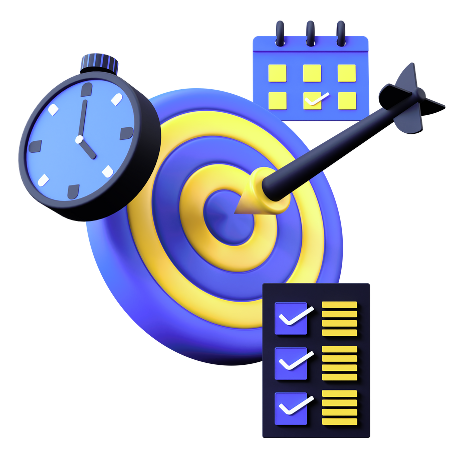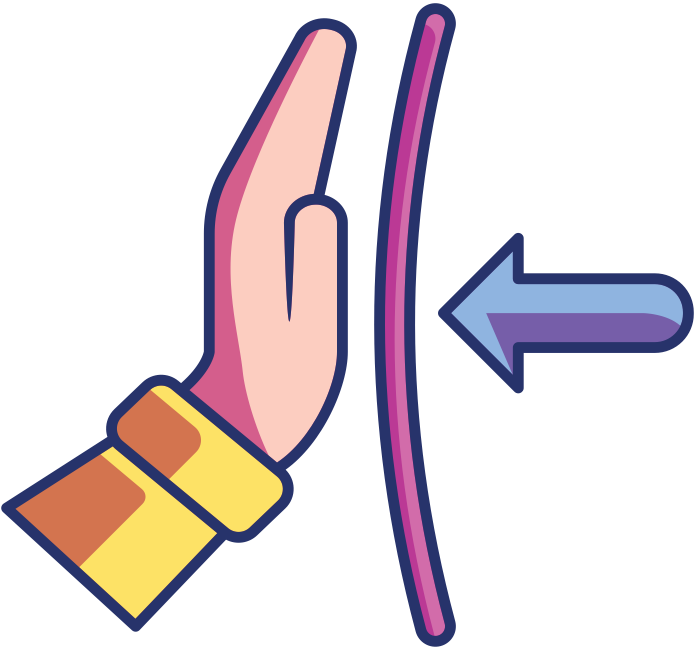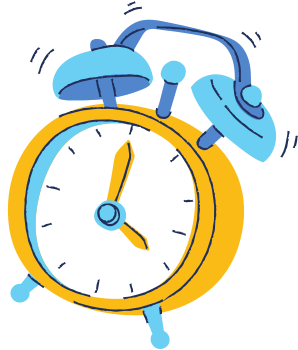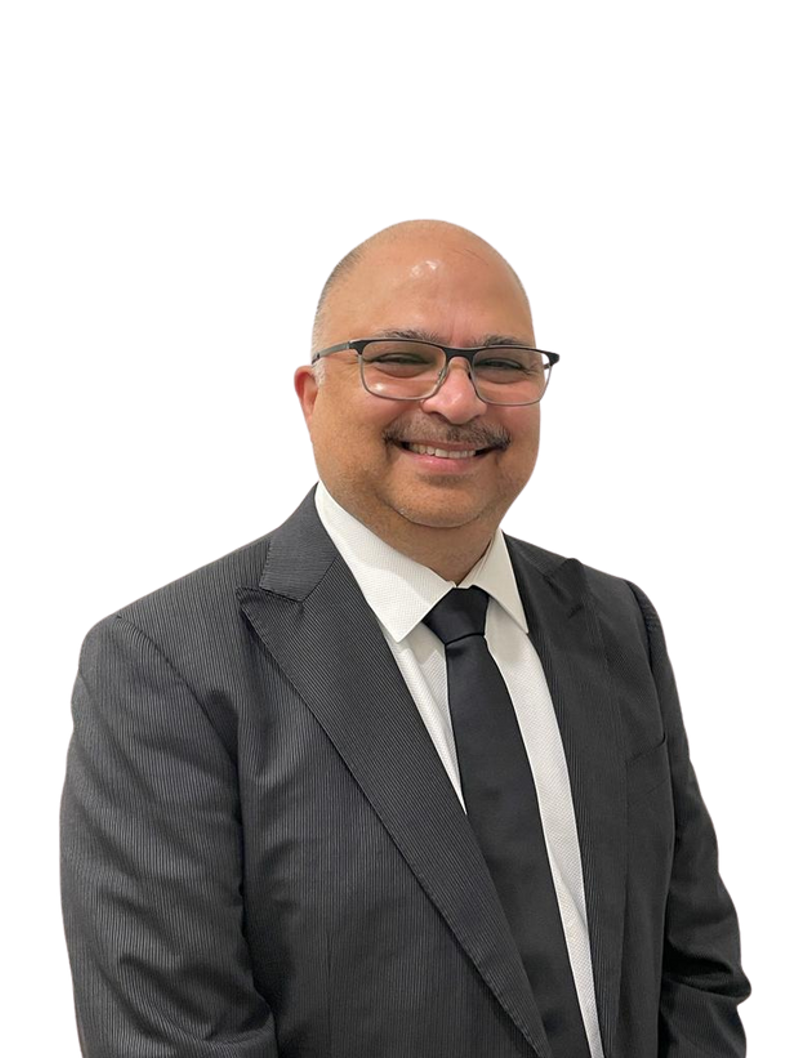#14 Managing Time to Focus on Delivering and Improving Customer Benefits
I have been writing blogs based on a chapter in my recent book The 'Benefit' Blueprint for Startup Success. It is about 25 questions every entrepreneur must ask themselves.
This blog brings me to the 14th question. If you want to dive deeper into other questions, please subscribe to my blog.
The question is :
How will I manage my time to ensure a focus on delivering and improving customer benefits? Everything comes with a trade-off. You can focus on optimising the workflow in the startup, recruiting the best talent, meeting potential suppliers, or just delivering and improving benefits to the customer.
Everything in life is a trade-off. Time is the one resource we cannot reclaim, yet how we spend it determines everything. We can allocate it to work, family, worrying about things beyond our control, or taking action to build something meaningful. For founders, the biggest challenge isn’t a lack of ideas, ambition, or even funding—it’s deciding how to use their most limited asset: time.
Time, when mismanaged, is a silent killer of businesses. Founders often get caught in the whirlwind of optimising workflows, meeting potential suppliers, refining processes, and recruiting talent. While these are all important, the fundamental question is: How much of your time is spent on actually delivering and improving customer benefits?
“Deciding what not to do is as important as deciding what to do.”
-Steve Jobs
The relentless pursuit of customer benefits requires focus, discipline, and a ruthless elimination of distractions.
The Relentless Pursuit of Customer Benefits
Success is rarely about working the hardest or being the smartest—it’s about focus. Ram Charan in his book Execution talks about the topic.
When Olympic rowing coach Ben Hunt-Davis prepared the British men’s eight-rowing team for the Sydney Olympics, he instilled a simple guiding question into their training:
“Will it make the boat go faster?”
Every action, every decision, every ounce of effort had to contribute to that singular goal. This philosophy, later captured in the book Will It Make the Boat Go Faster? by Ben Hunt-Davis and Harriet Beveridge (Amazon link), applies directly to business.
As a founder, your equivalent question must be:
“Will this improve customer benefits?”
If the answer isn’t an immediate yes, then it may not be worth your time.
The best founders understand this at an instinctive level. Jeff Bezos structured Amazon around customer obsession, ensuring that every initiative was measured by how it improved customer experience (source). Apple’s unwavering focus on design and simplicity was a direct result of Steve Jobs' ability to filter out everything that didn’t contribute to the user experience.
This level of discipline is rare but necessary. Warren Buffett put it best:
“The difference between successful people and really successful people is that really successful people say no to almost everything.”
The Tyranny of Distractions and the Cost of Misallocated Time
Most startups don’t fail because they lack a good product; they fail because founders spend too much time on things that don’t move the needle. Distractions come in many forms:
Endless networking that doesn’t result in actionable insights.
Unnecessary perfectionism, where internal debates delay product improvements.
Chasing investors rather than focusing on generating revenue and proving traction.
Operational optimisation before realising if the product even has a strong market fit.
Can you eliminate any of the above in your startup?
Each of these has value in moderation, but if they become a founder’s primary focus, they pull time away from what truly matters: delivering benefits to the customer.
Charlie Munger, a master of simplification and focus, famously said:
“Take a simple idea and take it seriously.”
The best companies aren’t built on complexity—they are built on doing a few things really well, over and over again.
Personal Reflection: Time Lost and Time Redeemed
Among the many reasons I delayed writing this piece, one stands out—I lost my mother. It’s an experience that reshapes priorities, forcing a deeper reflection on where time is spent and what truly matters. But instead of turning this into a story of loss, I see it as a lesson in clarity.
Moments like these remind us that time is finite. We can either let life pull us in a thousand directions, or we can take control, focusing on the few things that truly matter.
For a founder, what matters most is creating something of value—something that makes a difference in the lives of customers. And that requires cutting out the noise, making deliberate choices, and being relentless in the pursuit of customer benefits.
Practical Steps to Focus Time on Customer Benefits
It’s easy to talk about focus, but how do you actually structure your time to ensure that customer benefits remain at the centre?
1. Start Every Day with “Will It Make the Boat Go Faster?”
Each morning, list your key tasks and ask yourself:
Does this directly contribute to improving customer benefits?
If not, eliminate or delegate it.
2. Follow the 80/20 Rule
Vilfredo Pareto’s famous 80/20 principle states that 80% of outcomes come from 20% of efforts .
Identify the 20% of activities that generate the greatest impact on customer experience and double down on them.
3. Create No-Distraction Blocks
Block out specific hours each day for deep, focused work on improving customer benefits—whether it’s refining the product, engaging with users, or iterating based on feedback.
“Deep work is the ability to focus without distraction on a cognitively demanding task.” – Cal Newport, Deep Work (Amazon link)
4. Apply Buffett’s 5/25 Rule
Warren Buffett once advised listing 25 goals, selecting the top 5, and completely ignoring the remaining 20.
The same applies to business—focus on the 5 most impactful ways to enhance customer benefits and actively disregard the rest.
5. Set “Customer Benefit OKRs”
Objectives and Key Results (OKRs) work best when tied to tangible customer benefits. Instead of setting vague goals, define specific customer-driven OKRs:
✅ Bad goal: “Increase website traffic.”
✅ Good goal: “Reduce customer onboarding time by 30%.”
✅ Better goal: “Increase repeat purchase rate by 20%.”
The Founder’s True Currency
At the end of the day, time is the only currency that matters.
Money can be raised. Teams can be rebuilt. But lost time cannot be recovered.
By managing time with an unwavering focus on delivering and improving customer benefits, you align yourself with what truly drives success. It’s not about working harder—it’s about working on the right things.
So the next time you find yourself bogged down in operational busywork, endless meetings, or activities that don’t serve your customers, pause and ask yourself:
"Will this make the boat go faster?"
If not, it’s time to adjust course.
Thank you!!
Upgrade to paid version which includes 30 minute 1:1 zoom conversation with me along other benefits.
Further Reading & References
Will It Make the Boat Go Faster? by Ben Hunt-Davis & Harriet Beveridge – Amazon
Deep Work by Cal Newport – Amazon
The 80/20 Principle by Richard Koch – Amazon
The Warren Buffett Way by Robert G. Hagstrom – Amazon
Recently, I have been writing blogs about 25 questions every entrepreneur must ask themselves. These are based on my book The 'Benefit' Blueprint for Startup Success.
© Sameer Babbar
If you would like my ideas mailed to your Inbox first please also join me on my Substack
Disclaimer: This is for information only. It does not consider your objectives, financial situation, or needs. The author, his company, his associates, his directors, his staff, his consultants, and his advisors do not accept liability for any loss or damage, including, without limitation, any loss that may arise directly or indirectly from the use of or reliance on the information provided








